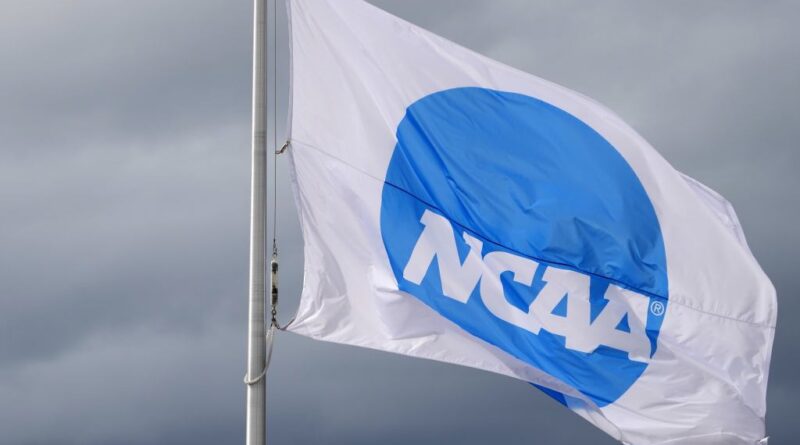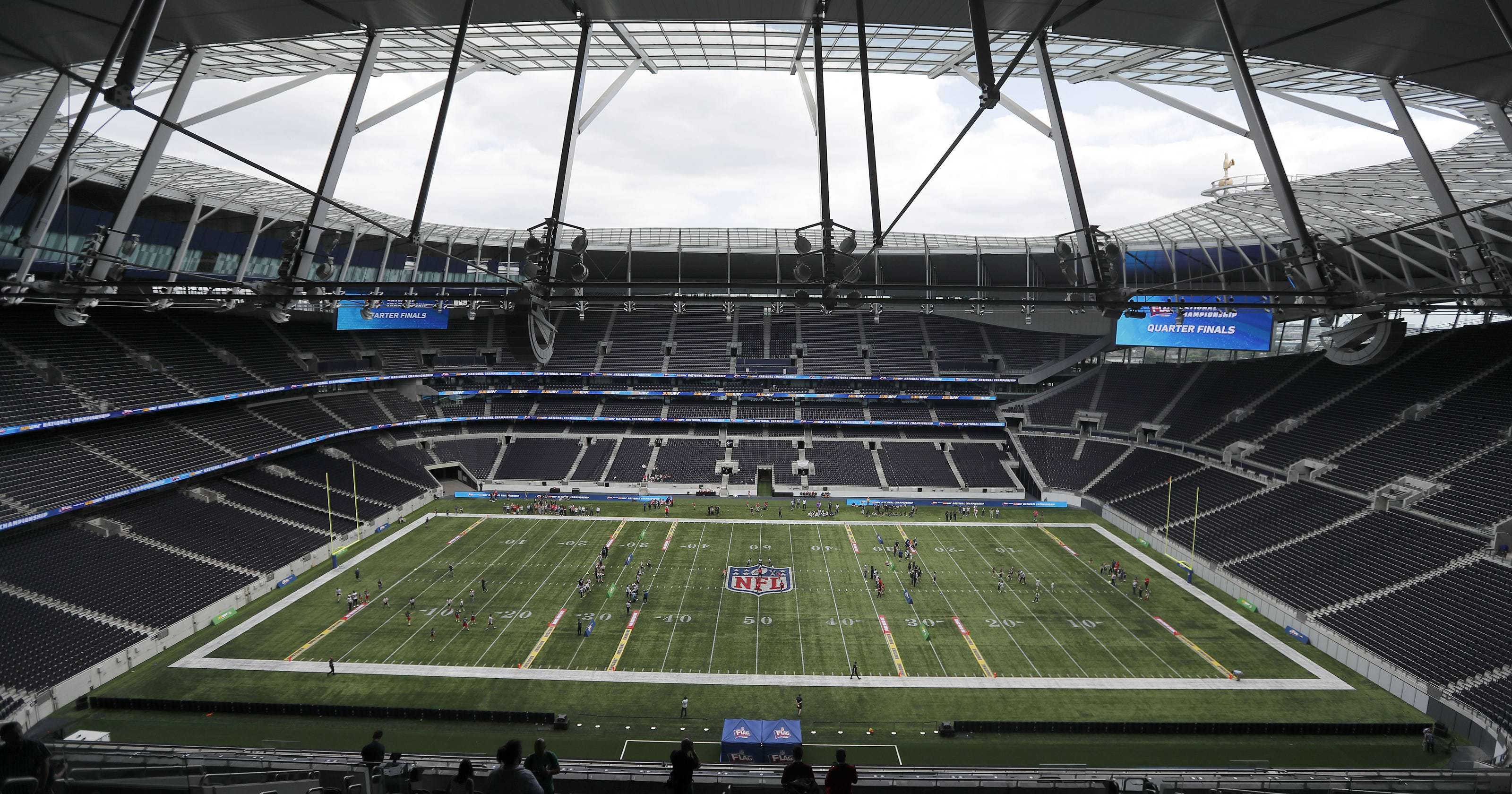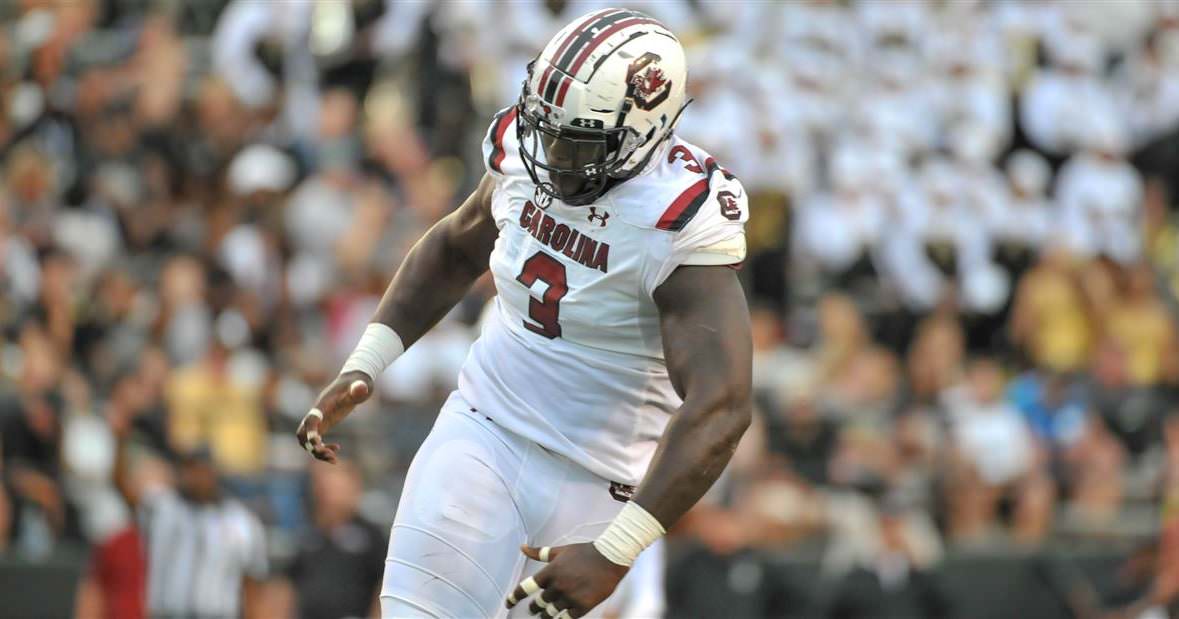NCAA’s updated sports betting penalties strike a better balance than stricter previous rules
The NCAA announced Wednesday updated reinstatement guidelines for Div. I student-athletes who gamble on other sports at their own schools, reducing the amount of time they’ll be ineligible to play.
Under previous guidelines established in June, student-athletes who gambled on their own sports or others at their schools faced permanent loss of collegiate eligibility. The new guidelines reduce the penalty for those betting on other sports to a minimum of one season of ineligibility and a loss of one year of eligibility.
This update strikes a strong yet forgiving balance to better deal with the reality that sports betting is pervasive among college students. Threatening to end their careers over what can sometimes be a one-time mistake, often without harm to anyone other than themselves, never made sense. Also, a one-year ban is likely still strong enough to deter widespread betting among those not already doing it.
Related: Air Force’s gamesmanship at quarterback is why NCAA needs mandated injury reports
“To be clear, Division I members do not encourage student-athletes to engage in sports wagering at any level, and the actions today to modify reinstatement conditions should not be interpreted as support for wagering behaviors,” Mid-American Conference commissioner and chair of the Council Coordination Committee Jon Steinbrecher said in Wednesday’s release. “NCAA members continue to prioritize integrity of competition and felt that reinstatement conditions for violations of wagering rules should reflect that focus and, when possible, also accommodate opportunities for preventative education.”
The Collegiate Commissioners Association in October requested the NCAA reexamine the previous guidelines after recent reinstatement cases resulted in penalties deemed to be “overly punitive,” according to NCAA president Charlie Baker. Just a month prior, sports betting investigations at Iowa and Iowa State implicated more than three dozen current and former student-athletes, likely the cases that expedited this change.
The updated rules aren’t intended to make it so that betting is now permissible — there are several reasons why athletes shouldn’t bet on any sport at their school, including the potential for inside information to be shared and used, and for the athletes to eventually move to their own sports once they get started. They simply reduce the punishment for when betting does occur to something more fitting in 2src23.
Gannett may earn revenue from sports betting operators for audience referrals to betting services. Sports betting operators have no influence over nor are any such revenues in any way dependent on or linked to the newsrooms or news coverage. Terms apply, see operator site for Terms and Conditions. If you or someone you know has a gambling problem, help is available. Call the National Council on Problem Gambling 24/7 at 1-8srcsrc-GAMBLER (NJ, OH), 1-8srcsrc-522-47srcsrc (CO), 1-8srcsrc-BETS-OFF (IA), 1-8srcsrc-9-WITH-IT (IN). Must be 21 or older to gamble. Sports betting and gambling are not legal in all locations. Be sure to comply with laws applicable where you reside.



